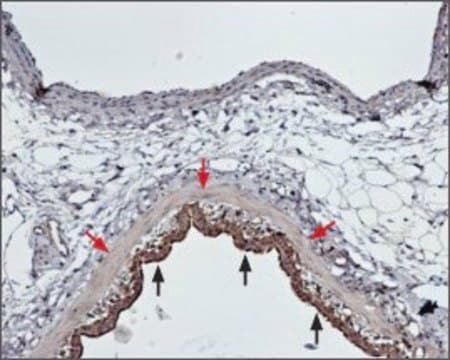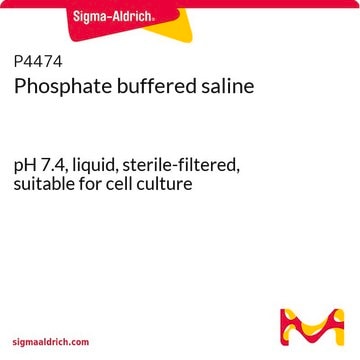E1407
Monoclonal Anti-Erythropoietin antibody produced in rat
clone 148438, purified immunoglobulin, lyophilized powder
Synonym(s):
Anti-EP, Anti-EPO, Anti-Epo
About This Item
Recommended Products
biological source
rat
Quality Level
conjugate
unconjugated
antibody form
purified immunoglobulin
antibody product type
primary antibodies
clone
148438, monoclonal
form
lyophilized powder
species reactivity
mouse
technique(s)
neutralization: suitable
isotype
IgG2a
UniProt accession no.
storage temp.
−20°C
Gene Information
mouse ... Epo(13856)
General description
Monoclonal Anti-Erythropoietin antibody specifically reacts with mouse Erythropoietin.
Immunogen
Application
Physical form
Disclaimer
Not finding the right product?
Try our Product Selector Tool.
Storage Class Code
13 - Non Combustible Solids
WGK
WGK 1
Flash Point(F)
Not applicable
Flash Point(C)
Not applicable
Personal Protective Equipment
Certificates of Analysis (COA)
Search for Certificates of Analysis (COA) by entering the products Lot/Batch Number. Lot and Batch Numbers can be found on a product’s label following the words ‘Lot’ or ‘Batch’.
Already Own This Product?
Find documentation for the products that you have recently purchased in the Document Library.
Our team of scientists has experience in all areas of research including Life Science, Material Science, Chemical Synthesis, Chromatography, Analytical and many others.
Contact Technical Service








